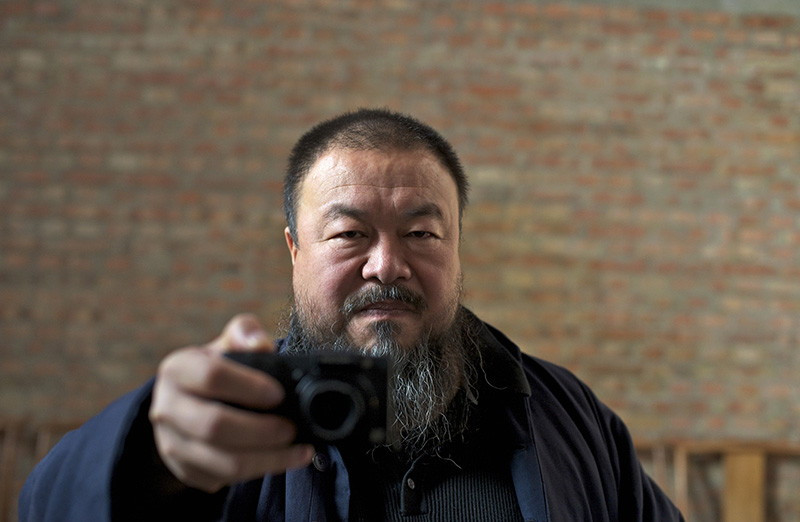Freedom of expression at heart of doc
Never Sorry explores the life of controversial Chinese artist Ai Weiwei
Ai Weiwei, the subject of this Sundance-awarded documentary, is one of China’s most famous and most controversial artists.
He is also one of the Chinese government’s biggest detractors, and Ai Weiwei: Never Sorry retreads a couple of years in the shoes of the man.
It’s a rare occasion when I have been so entertained by so little.
Never Sorry is a simple documentary in form and is essentially split into three parts: Ai Weiwei eating, Ai Weiwei’s art and Ai Weiwei causing trouble.
All three of these things are enjoyable, but the film’s simple structure is deceptive.
Below its placid surface, there lurks a much more complex bastion of issues and ideas.
One of the first things you notice about Ai Weiwei is that he loves Twitter. It seems like he is always tweeting, either from his home computer or from his phone (or literally anything you can tweet from).
This is a man shown throughout the documentary as a prestigious artist and important activist and I found myself wondering, briefly, how a man of such influence can spend so much time doing what every 14-year-old in North America does to communicate often inane information?
It seems like such a frivolous expenditure of time that the idea of such an apparently great man devoting so much to it seems silly at first.
The realization comes that with the ability to tweet comes great freedom, and therein lies the real power of this documentary.
It is ostensibly about Weiwei, who is a great and interesting man, but the gravitas of this doc comes from its ability to take the viewer outside an ingrained ethnocentric mindset.
It reminds the viewer that not everyone enjoys the same freedom of expression or freedom of speech as we do in North America.
Twitter or cell phone cameras take on a whole new light when one’s homeland is enshrouded in a culture of surveillance and control.
As mentioned, the film itself is very sparse in its presentation, though never dull or boring.
The subject matter and the ideas evoked are more than enough to carry the film, and such usual documentary staples as narration are absent but not missed.
As I’m sure Ai would have wished, being as humble as he is, the film’s point is not ultimately about him.
It is more of a parable about modern communication in a land where communication has historically been restricted.
Sparse, but moving and thought-provoking at turns, this one is well worth watching.
The trailer for “Ai Weiwei: Never Sorry.”








